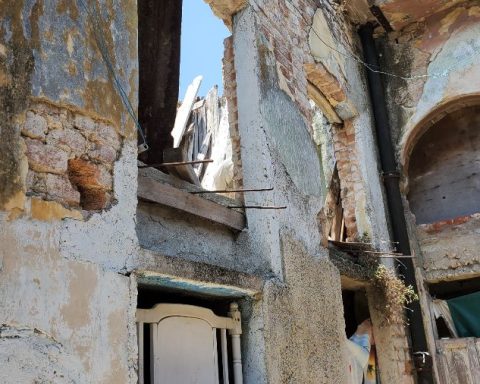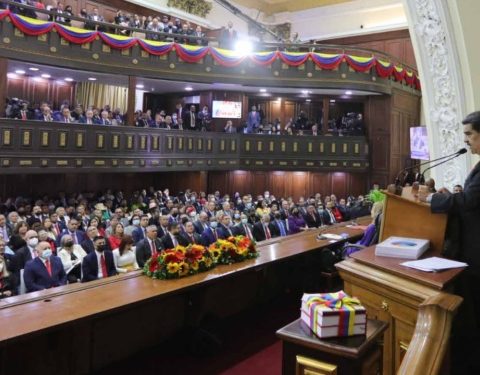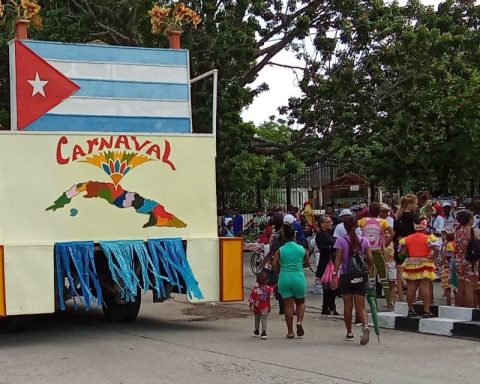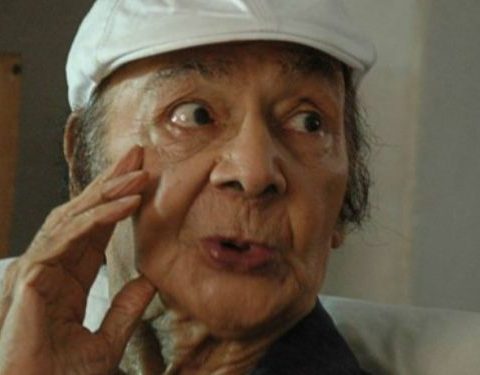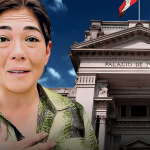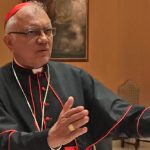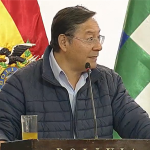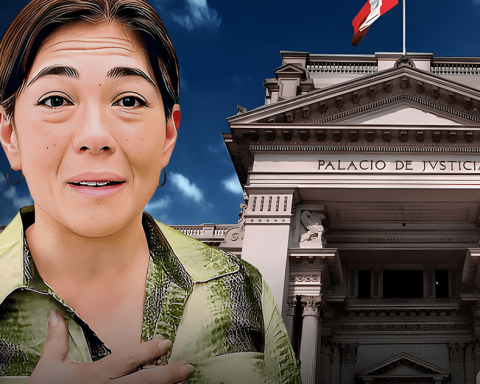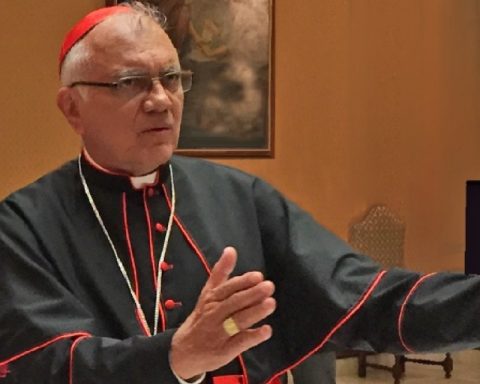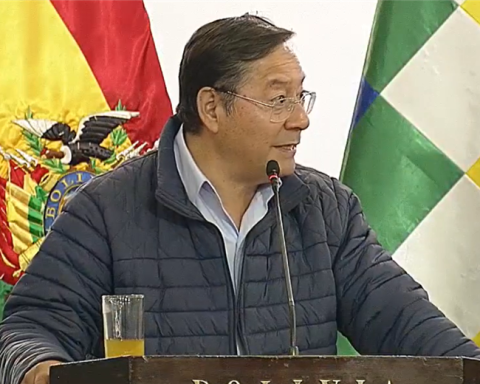Havana, Cuba.-At the age of 86, he has died in Las Palmas, Canary Islands, Spain, where he had lived in exile since 1992, the poet Manuel Diaz Martinez.
He was one of the most outstanding Cuban poets of the Generation of 50. He wrote fourteen collections of poems and the memoir Just a scratch on the lapel. He also practiced journalism. In Cuba he worked as editor-in-chief of the cultural supplement Hoy Domingo and was director of La Gaceta de Cuba. Later in exile he was director of the magazine Encuentro de la Cultura Cubana and member of the editorial board of the Hispano-Cubana Magazine.
In his poetry, which never stopped sounding Cuban, the echo of Quevedo and Antonio Machado can be felt. She is tender, nostalgic and moving, but by no means melodramatic. Not even when he referred to the death of his wife Ofelia, his muse, in the verses of Acta Veneziana, or to the loss of the Homeland, in that poem of his that well deserves to be the hymn of exiles.
Regarding his poetry, Manuel Díaz Martínez explained: “In my youth I tried to write a poetry that was how I imagined reality, and I dreamed of a reality that was how I imagined poetry. Today what I feel like and what I am looking for is a poetry of myself in the reality that I live… If my evolution had stopped at the initial stage, now I would be seen as an optimistic poet and I would have all the limbo ahead of me”.
He considered himself part of a frustrated generation that “bent on reducing a utopia to reality” and who was swindled by a bearded illusionist who posed as enlightened.
Díaz Martínez, who in 1971 was one of those subjected to reprisals in the Padilla case, instead of waiting for the Castro bosses to rehabilitate him and even grant him –as they did to others in exchange for their remaining meek and obedient– the Premium No.national of Lideserved, publicly broke with the dictatorship. Did by signing, in June 1991, the Letter of Ten. and how to Despite the threats Manuel did not retract, he was forced to go into exile.
About that attitude, years later, interviewed by his close friend and colleague Raphael Alcides, he would explain: “It would depress me unbearably if my obedience were rewarded when what pleases me is to disobey. The pleasure I felt when I rebelled against the powers that tried in 1991 to trample me politically and humiliate me personally, and that they had succeeded in 1968, is indescribable and only comparable to the one that seizes me every time I stop to think that I already Those powers cannot tyrannize me no matter how much they want to”.
Manuel Díaz Martínez made it very clear that if freedom does not fit in the country, he preferred to die at a distance.
OPINION ARTICLE
The opinions expressed in this article are the sole responsibility of the person who issues them and do not necessarily represent the opinion of CubaNet.
Receive information from CubaNet on your cell phone through WhatsApp. Send us a message with the word “CUBA” on the phone +525545038831, You can also subscribe to our electronic newsletter by giving click here.
